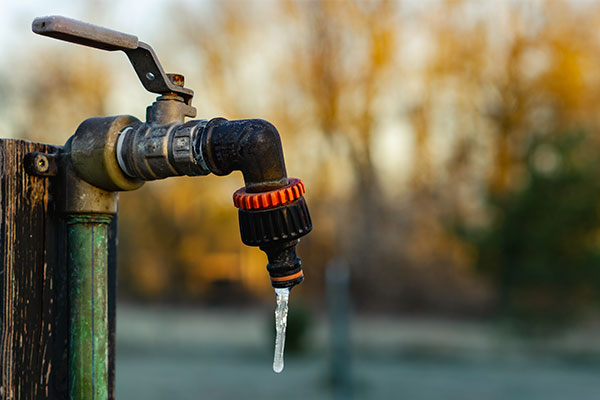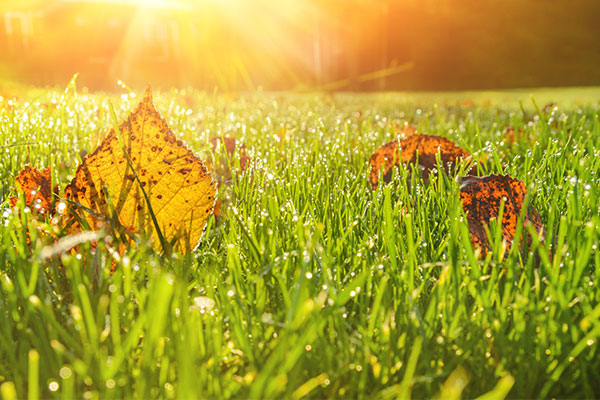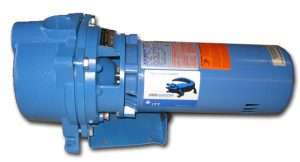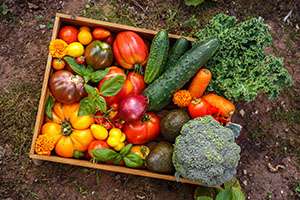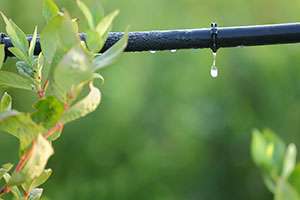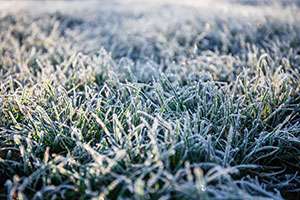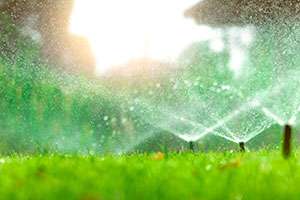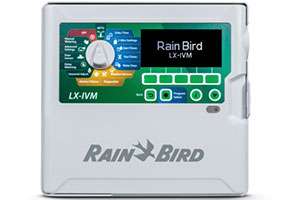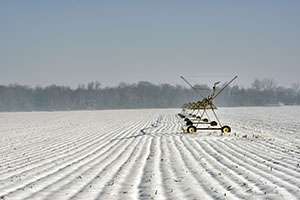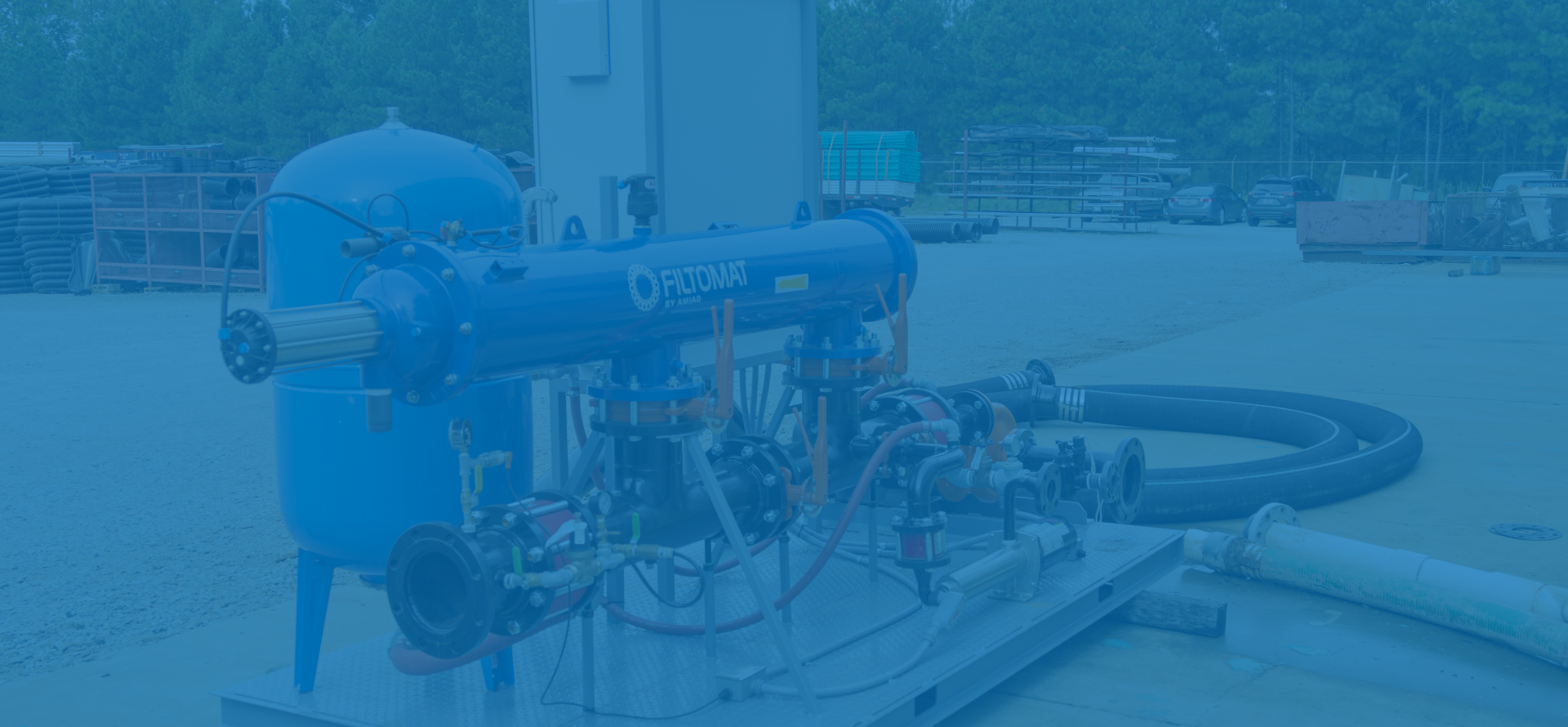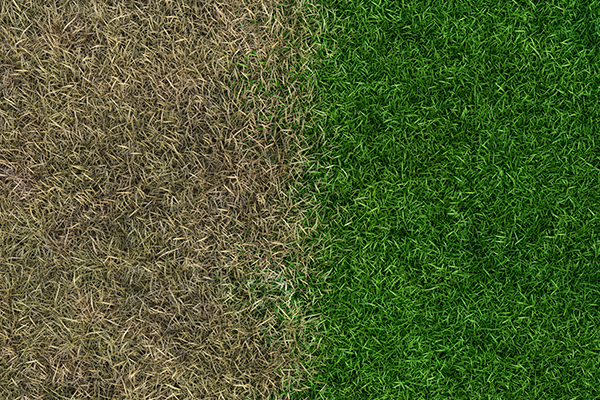
Warmer temps and green grass peeking through the soil are clear signs that spring is here. This transition period is critical for homeowners to start thinking about their lawn care routine. Proper spring lawn care ensures your lawn is lush, healthy, and vibrant throughout the warmer months. But when is the right time to start, and what steps should you take? Let’s dive into the essentials of spring lawn care, including the ideal timing and practices for a thriving yard.
Understanding the Timing for Spring Lawn Care
In South Carolina, the timing for spring lawn care is crucial due to the warm and humid climate. Typically, homeowners should begin their spring lawn maintenance routine when the average daily temperatures consistently rise above 55°. It’s essential to wait until the risk of frost has passed before starting more aggressive lawn care activities such as proper irrigation, fertilization, and aeration. Starting too early can harm new grass shoots and affect the lawn’s ability to thrive throughout the year.
Kick-Start Your Lawn: The First Steps
- Cleaning and Inspection: Begin with a thorough cleanup. Remove debris, leaves, or branches to allow sunlight to reach the soil and grass, encouraging growth. Inspect your lawn for signs of disease or pest activity and address these issues promptly.
- Aeration and Dethatching: Aerating your lawn allows air, water, and nutrients to penetrate the soil, fostering healthier grass growth. Dethatching removes the layer of dead turfgrass tissue, known as thatch, which can hinder water and nutrient penetration.
- Spring Landscaping: Early spring is the ideal time to edge your lawn, define landscape beds, and trim back overgrown vegetation. This beautifies your yard and prevents encroaching plants from competing with your grass for essential nutrients.
The Role of Spring Lawn Fertilizer
Fertilizing is another important aspect of spring lawn care. The proper spring lawn fertilizer will replenish nutrients lost during the winter and kick-start growth. Applying lawn fertilizer too early can lead to premature grass growth, which is at risk of damage by late-season frost. Opt for a slow-release fertilizer that provides nutrients steadily throughout the growing season.
The Benefits of Hiring a Professional
While many homeowners enjoy the satisfaction of caring for their lawns throughout the summer, hiring a professional to help with spring lawn care offers numerous benefits. Lawn care specialists have the knowledge and experience to identify and resolve issues quickly and efficiently. They can provide customized treatments based on your lawn’s specific needs and the local climate, ensuring the best lawn care for your property. Additionally, professional services can save you time and effort, allowing you to enjoy a beautiful lawn without the hassle.
Proper care during the early days of spring will lay the foundation for a lush, green landscape you can enjoy all summer. Contact the experienced team at W.P. Law for professional guidance on how to get your lawn started this spring.


